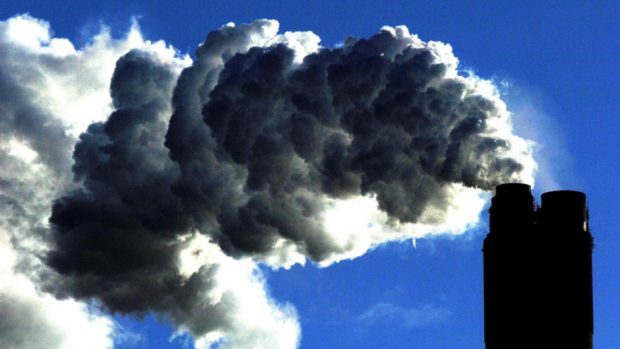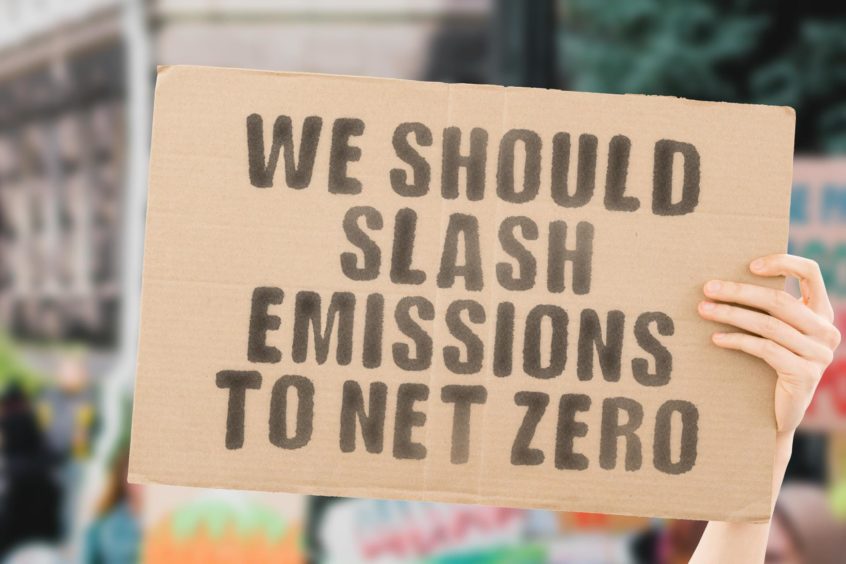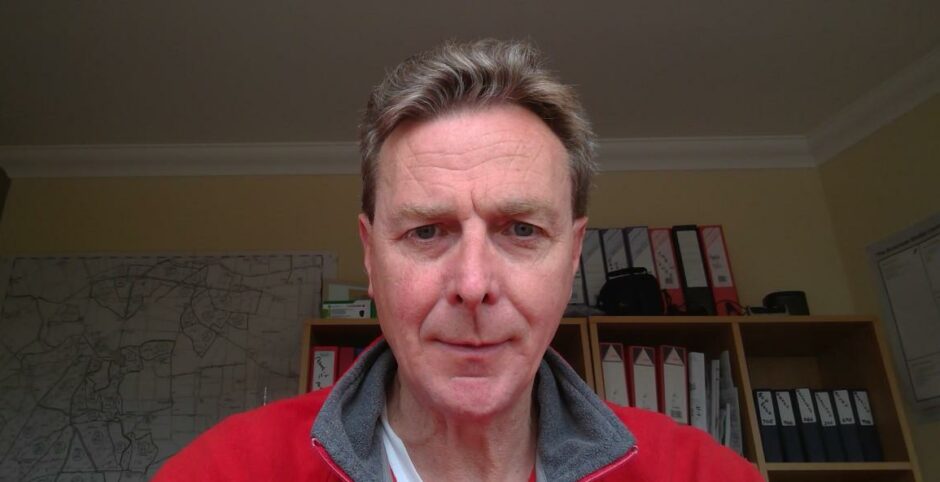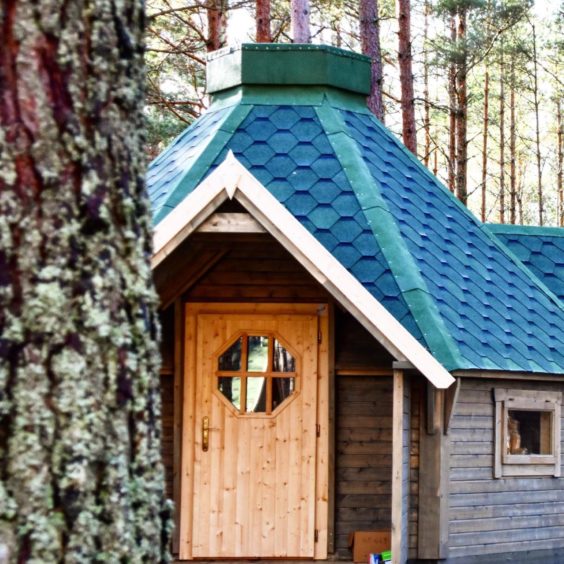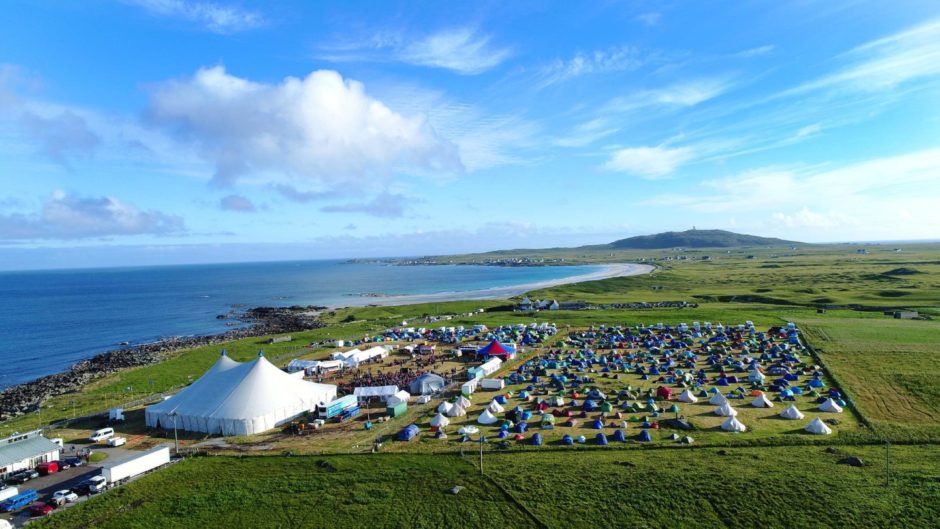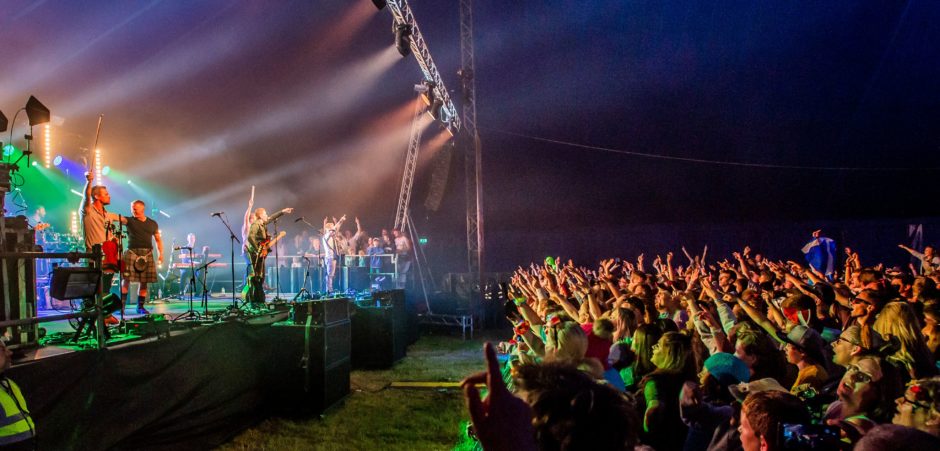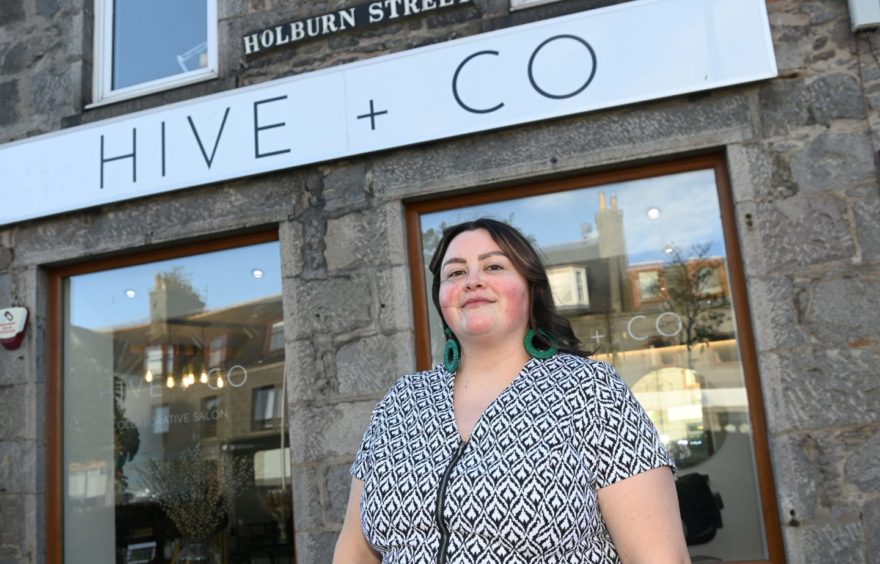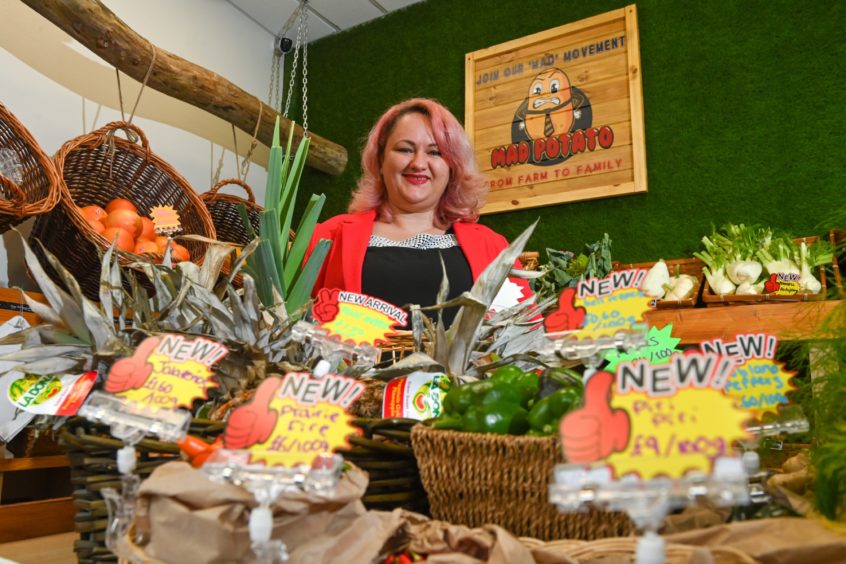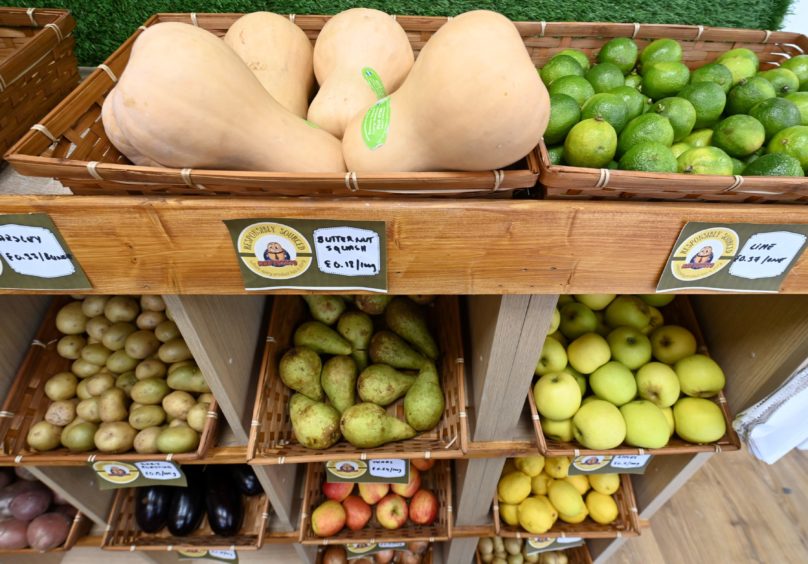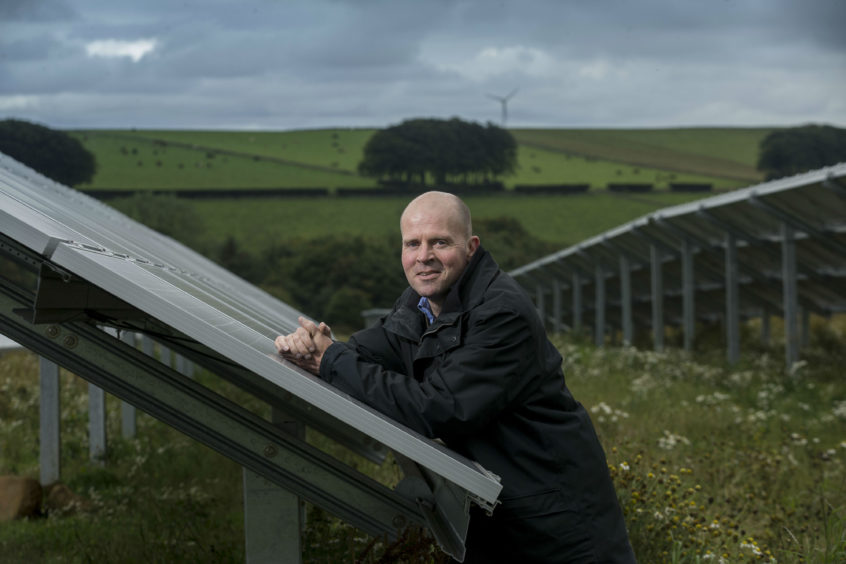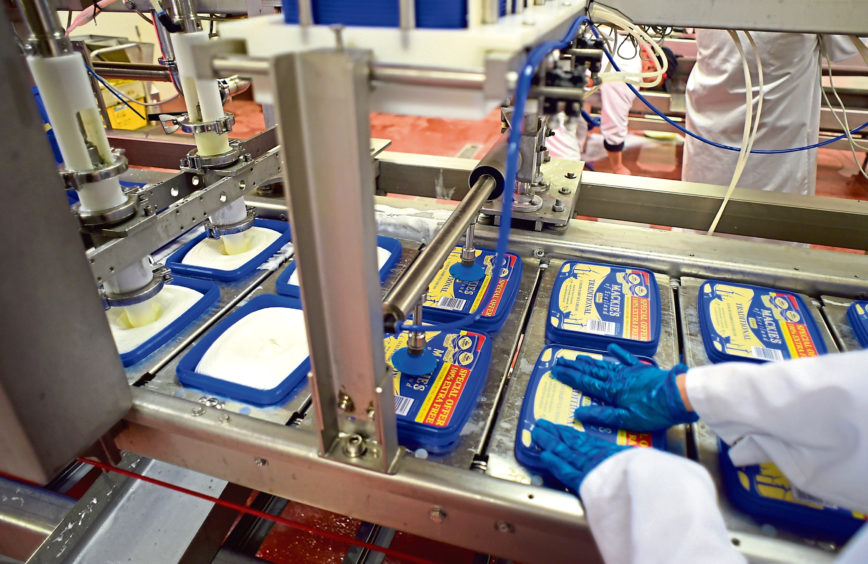Recycling, cutting down on meat or walking to work.
You might think that making changes to your lifestyle in a bid to help the planet is but one tiny drop in the ocean.
But you’ll find that even the smallest of changes can contribute to a tidal wave of action, which is taking place across the country.
What does it all amount to though?
Net zero is the buzz phrase these days, with a capital investment of £1.9 billion to be spent on low-carbon projects in 2021/22 – in a bid to tackle climate change and create green jobs.
Scotland is committed to reaching net-zero greenhouse gas emissions by 2045, but what does that actually mean?
In short, net zero is when the amount of greenhouse gas emissions we put into the atmosphere balances with the amount we’re able to take out.
To achieve this goal and reach net zero, Scotland is taking various strides, including investing in carbon capture, woodland expansion and peatland restoration to help protect the country’s stunning natural heritage.
We’ve already made a good start, but we’ve still got a long way to go.
In order to ramp up the efforts, the Scottish Government has launched its Let’s do Net Zero campaign. And with the UN Climate Change Conference (COP26) taking place in Glasgow this November, it could not have come at a more pertinent time.
It’s not just individuals who are being called upon, but business owners who want to make a living without damaging the planet.
In advance of Scotland’s Climate Week next month, we caught up with green entrepreneurs across the region, and found out why they’re committed to making some serious sustainable changes.
Dr Gordon Drummond, of Cairngorm Bothies and Lodges
When Dr Gordon Drummond decided he wanted to set up holiday lets with a difference, he soon discovered that he wouldn’t be able to look to others as how best to go about it.
Former director of the National Subsea Research Initiative, Dr Drummond already knew a thing or two about engineering.
His expertise was really put to the test, however, when he decided to launch holiday lets that are completely off-grid.
The Cairngorm Bothies and Lodges, located on the outskirts of Cairngorms National Park, aim to protect the nature around them and do so with fully off-grid facilities.
The lodges have been on the go since 2011, but the bothies only opened last year.
Both options are heated with a wood-burning stove, using wood from the forest and water from a sub-surface aquifer.
The bothies also use solar-powered renewable energy, and every element, from lightbulbs to laundry, has been considered.
“Our aim is to work in a sustainable way and minimise our environmental impact, but still provide luxury self-catering accommodation for our guests,” said Dr Drummond.
“From an engineering perspective, I would have copied someone if there had been anyone to copy.
To go off grid was tough, and there’s challenges which people probably don’t know about, such as sourcing organic and sustainable laundry from an ethical source.”
“As a subsea engineer, I was always fully aware of the scale of the challenge though.”
The project has proved a huge success, and Dr Drummond believes people now expect more sustainable options for staycations.
“You can’t be informed on everything, but I would say everyone has to play their part,” he said.
“Climate change isn’t going away. I wanted to build something with a future, which will be here for a long time.
“You either adapt or forget it.”
Daniel Gillespie, director of Tiree Music Festival
One weekend a year, the small island of Tiree is host to 2,000 festivalgoers, celebrating both music and the outdoors among the island’s natural beauty.
The party may be cancelled this year due to the pandemic, but that doesn’t mean that hard work isn’t going on behind the scenes.
As a Tiree local, co-founder Daniel Gillespie is dedicated to caring for the island.
Now he wants the festival to be a force for sustainability and help contribute to Scotland’s net-zero target.
“You have to think of the logistical footprint, we have to bring people out to the island in order to make the festival work,” said Daniel, who is currently touring with Skerryvore.
The transport bill alone is astronomical. We need portable toilets for example. We’re creating something for a capacity of 2,000, when only 750 people stay on the island.”
“We’ve converted a shipping container which is weatherproof and becomes a merchandise shop.
“We’ve looked at assets that can stay on Tiree all year round, so we also have Bernie’s Bar, named after a local.”
Waste, which was previously disposed of by the council, is now also taken off the island completely.
But as Daniel has discovered, being eco-friendly can hammer the purse strings.
“There’s lots of stuff we would love to do, but a capital output is required,” he said.
“I’ve spoken to other organisations who feel financially restricted. Making changes can be a high-risk strategy.
“There should be more incentives and grants available, I think we’d see a huge uptake.
“Ultimately making these changes isn’t just important for festival attendees, or even the island community. It applies to everyone from all walks of life, it matters to people.”
Harley Somverille, owner of Hive + Co
It certainly matters to salon owner Harley Somerville, who runs her business on Holburn Street in Aberdeen.
She collaborates with fellow experts in the industry, and provides a stylish base from which they can offer appointments.
Not content with challenging the beauty industry, both by offering opportunities to new starts and promoting a more relaxed environment, Harley was also committed to becoming more sustainable from the very beginning.
Hive + Co was the first salon in Scotland to become part of The Green Salon Collective, which enables business owners to learn how to become as eco-conscious as possible.
“I do try in my day-to-day life, and as a business owner I think it is your duty to try even harder,” said Harley.
“People respect you as a business owner, and you can help others join the bandwagon.”
Harley has introduced a clever system in the salon, with specific bins for hair, chemicals and foils, which are then recycled.
Rather than launder towels day and night, she also opted to use Scrummi Towels.
The towels biodegrade in eight weeks, are compostable and are also made from natural wood fibres, sourced for sustainable forestry programmes.
“They are one use only and made from 100% recycled material,” she said.
Constantly using the washing machine is one of the largest carbon footprints out there. It is the little things which can make a huge difference.”
Ramona Obafemi, owner of Mad Potato
When asked why sustainability drives her, there was one resounding answer for Ramona, who runs Mad Potato on Great Western Road in Aberdeen.
Her five-year-old daughter, and the planet she stands to inherit if we do not act now.
Ramona, who previously ran The Highlander Cafe Bus on Aberdeen’s beach front, is passionate about operating her business in a green way.
She has gathered together a fabulous melting pot of local producers, ranging from fresh fruit and veg to bread and meat, and people can order organic food both from the shop and online.
Aside from stocking goods made using sustainable practices, Ramona has gone one step further and introduced technology in her mission.
Customers can scan each item thanks to a QR code, and find out exactly where it came from, with pictures and videos to boot.
Ramona is hopeful that the move will put pressure on supermarkets to follow suit.
“This is about transparency, pure and simple,” she said.
“We can force supermarkets to change the way they operate. But we can only do so if people demand it.
“And they can only demand it if they see it elsewhere.”
With more than 30 producers now on board with the pilot project, Ramona has been working with Rajesh Kumar Plamthottathil, of TrackGenesis.
When scanned, each QR code will generate images and videos of where the product is from, alongside food miles and its carbon footprint.
Ramona makes a point of visiting each producer in person, and hopes customers will be able to have a similar experience.
“It will enable people to have all that information at their fingertips,” she said.
“Every night I go home and read about climate change. It has been a massive learning curve.
I am doing everything for my five-year-old. We sat down and we thought about what her life would be like in 10 or 20 years time.”
“How the climate is going to change, and why there is a load of problems associated with what we eat.
“When I am passionate about something, I go for it full blown.
“Every day I feel inspired by the youngsters I meet, who are making a conscious change.”
Not content with offering sustainable goods, Ramona has also made sure to remain eco-friendly behind the scenes.
We re-utilise a whole load of things, such as veg that it is going out of date,” she said.
“That’s used for our 15-minute meals. And for items like bread, if it doesn’t get sold then it goes free of charge.
“It helps the community and enables us to reduce our waste to the bare minimum.”
Mac Mackie, Mackie’s of Scotland
You might be more tempted to ask for two scoops of vanilla than query how Mackie’s is working towards a sustainable future.
But working it is, having invested around £4.5 million in a refrigeration system which will enable it to cut emissions and energy requirements by up to 80%.
Packaging is also made on-site, reducing the need for further transportation.
“When the 7,000-panel solar farm was built in 2015, it was Scotland’s largest,” said director, Mac Mackie.
“That was built to support the four major wind turbines and biomass facilities. The £4.5m refrigeration system will be the most advanced in Scotland, and one of a small handful of the type across Europe.
“Clearly, we believe that organisations like ours play a huge role in our response to the climate.
Businesses must do everything they can to limit, or even reverse, their impact on the environment.”
“Ultimately, we’re a fourth-generation family farm – and we want to look after the land for future generations.”
Not content with the progress made thus far, a full carbon audit is currently underway, in a bid to identify areas for improvement.
Thanks to the green diligence of employees, Mackie’s has also made sure to recycle more than 50 tonnes per year of plastic and cardboard packaging.
It now has plans to become a “leading light” in Scotland and set an example for other companies.
“We recognise that most businesses don’t have the space to build solar farms or wind turbines,” said Mac.
“However, advances in technology mean that renewable energy can be generated in smaller and affordable ways.”
For more information, visit www.netzeronation.scot
